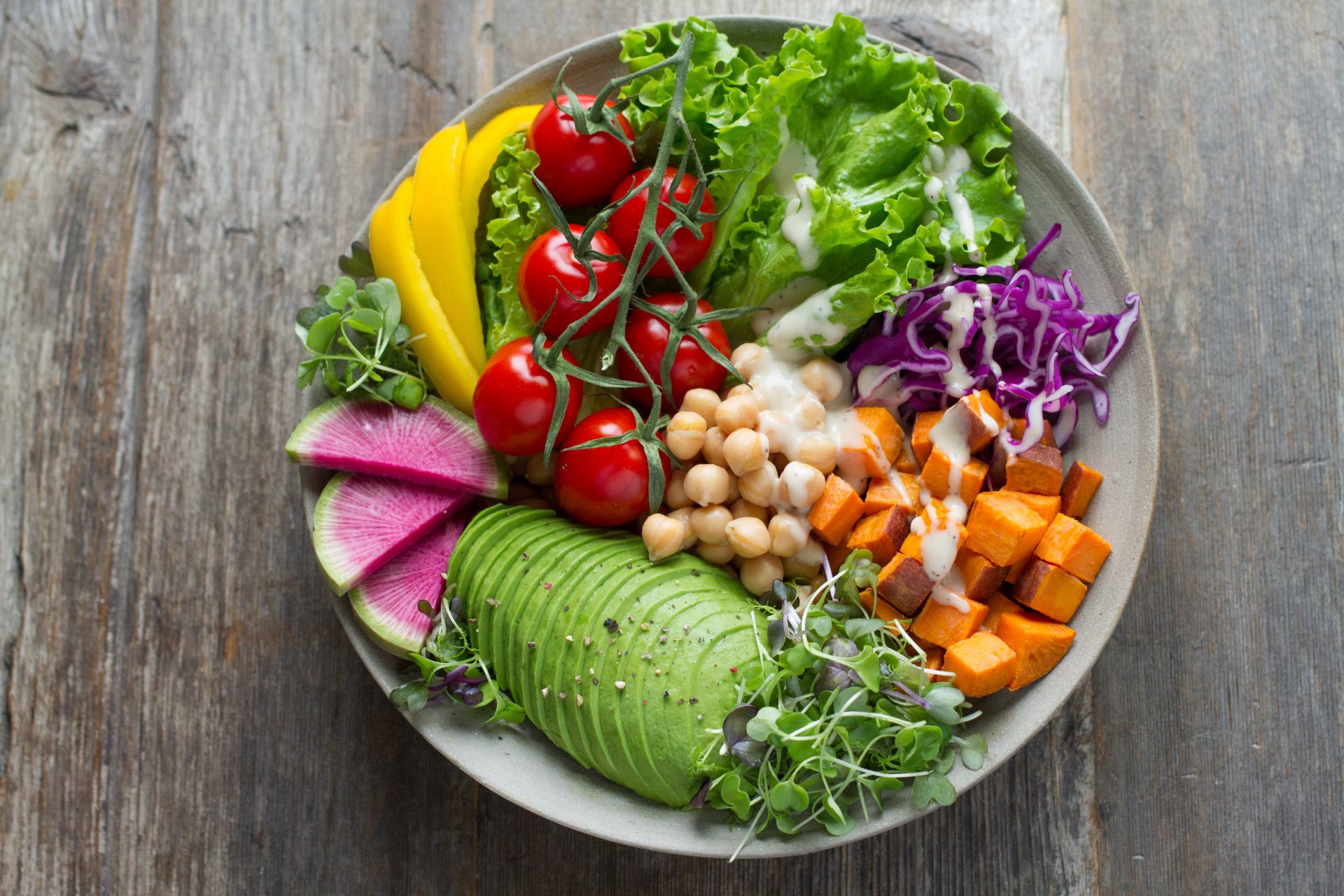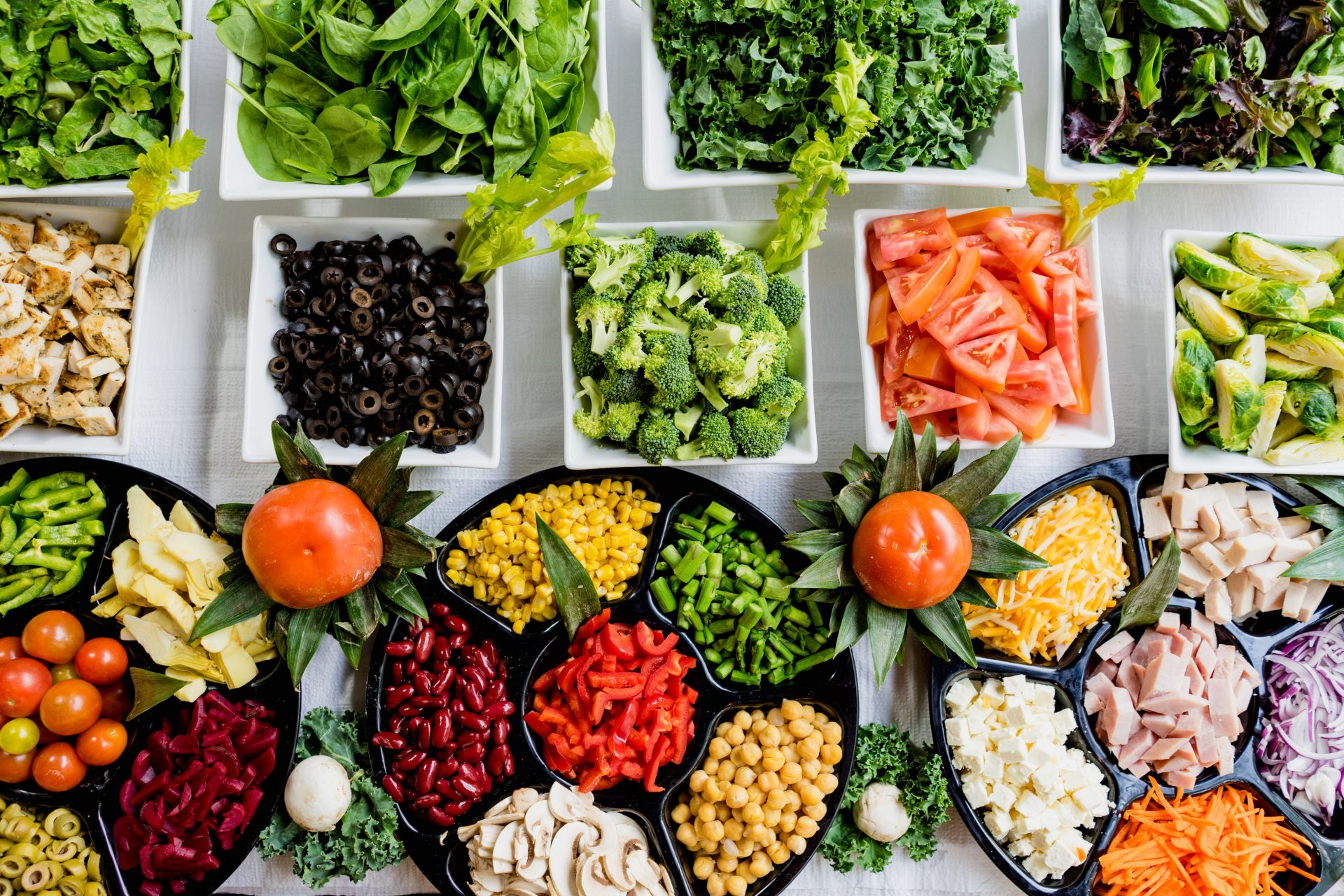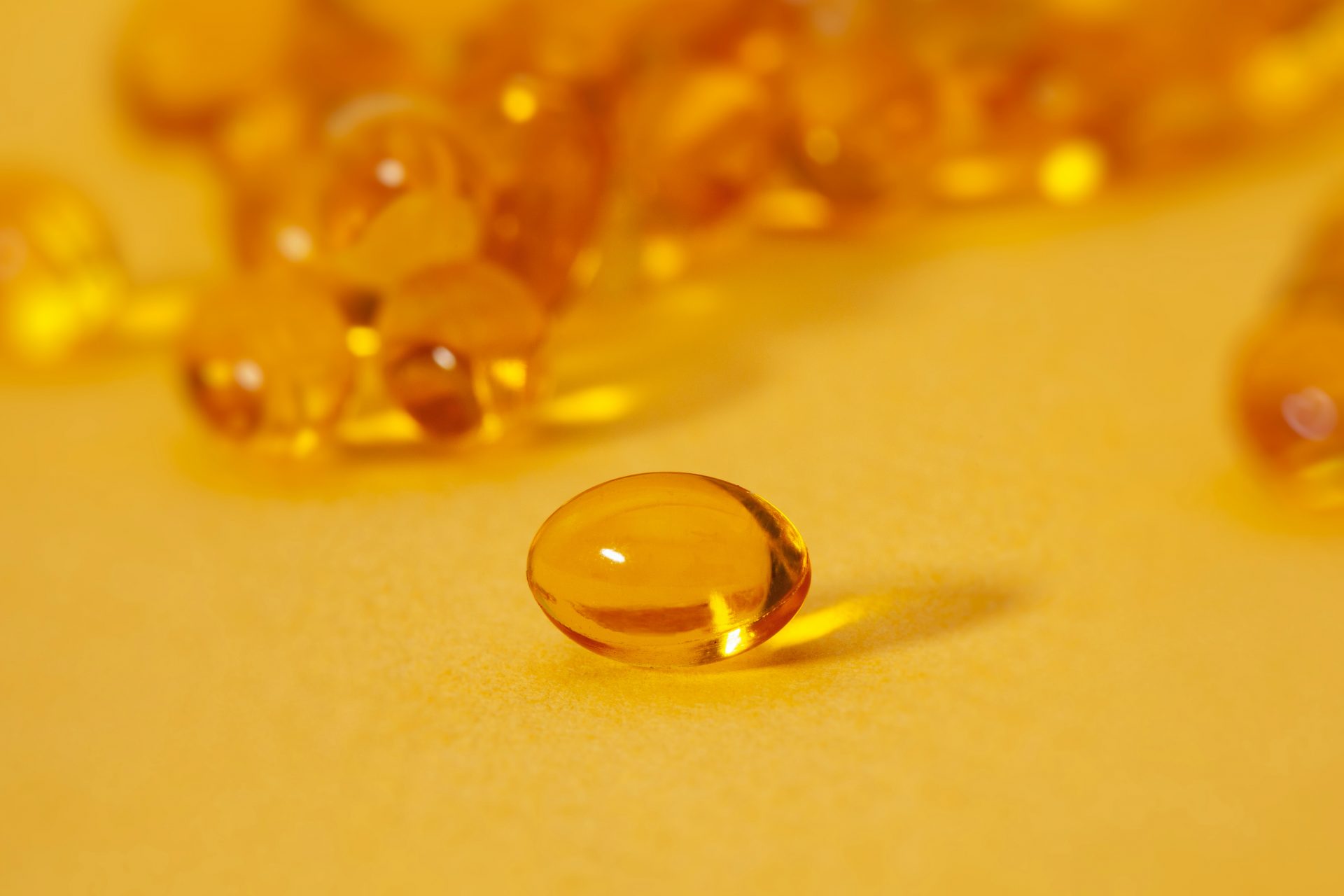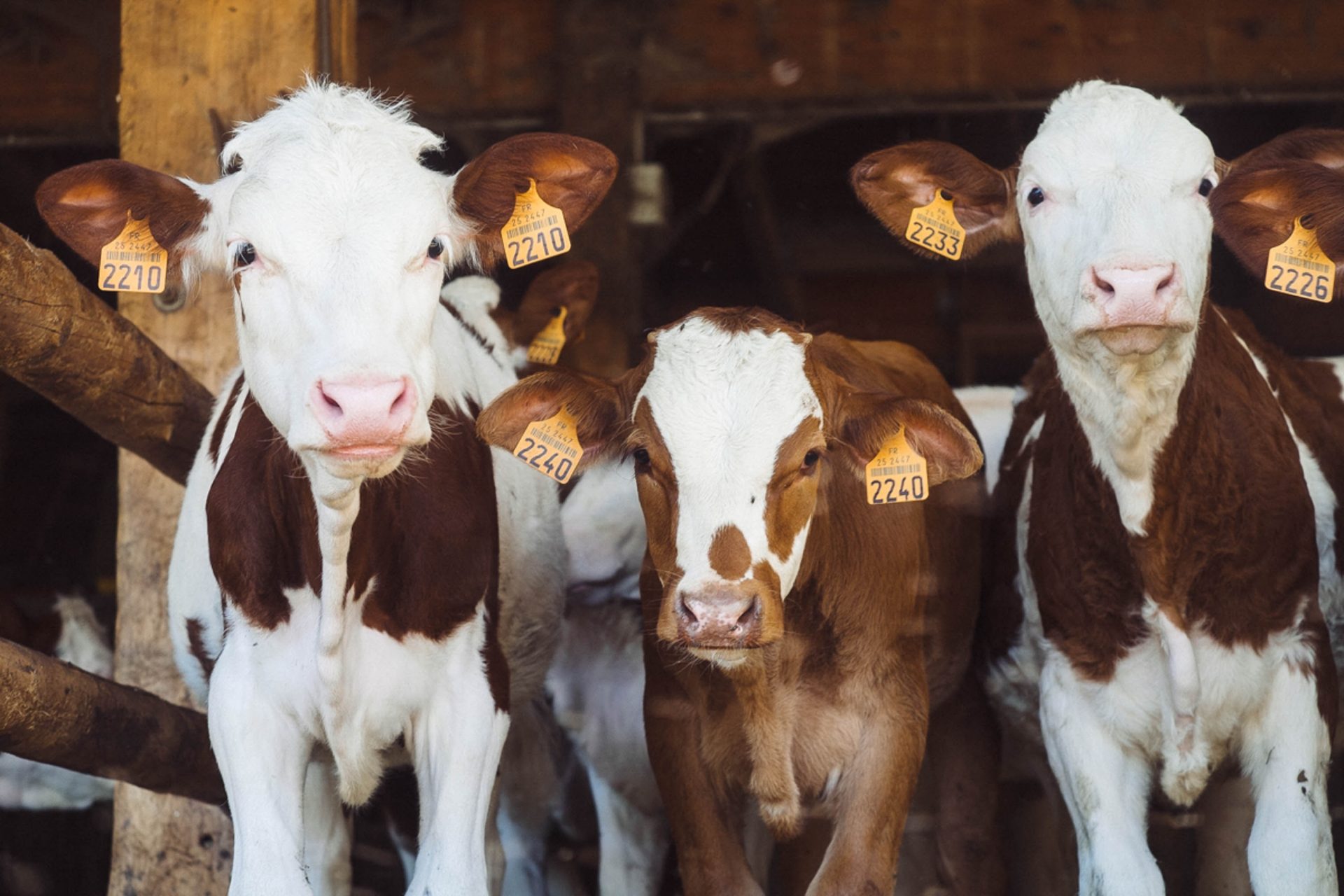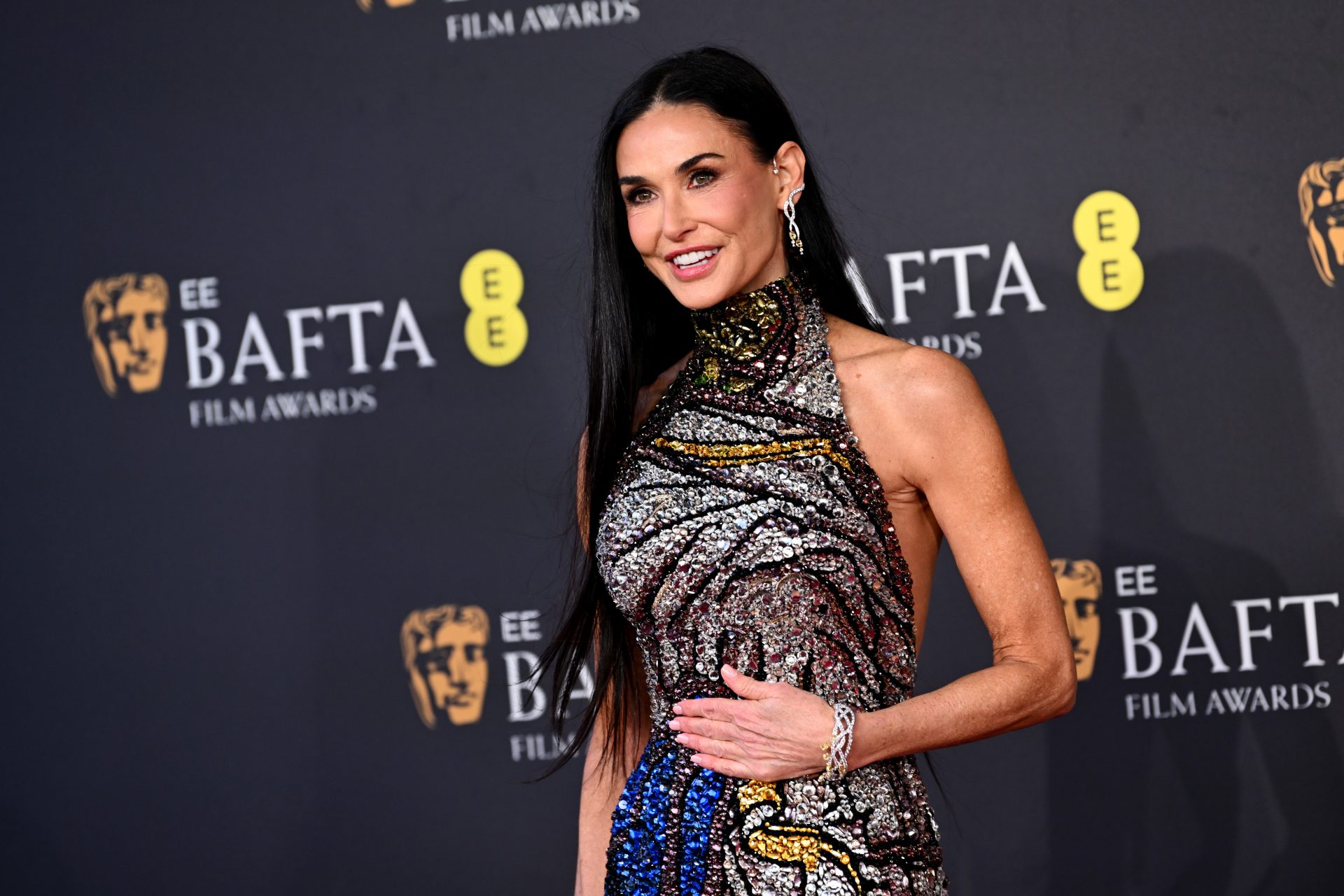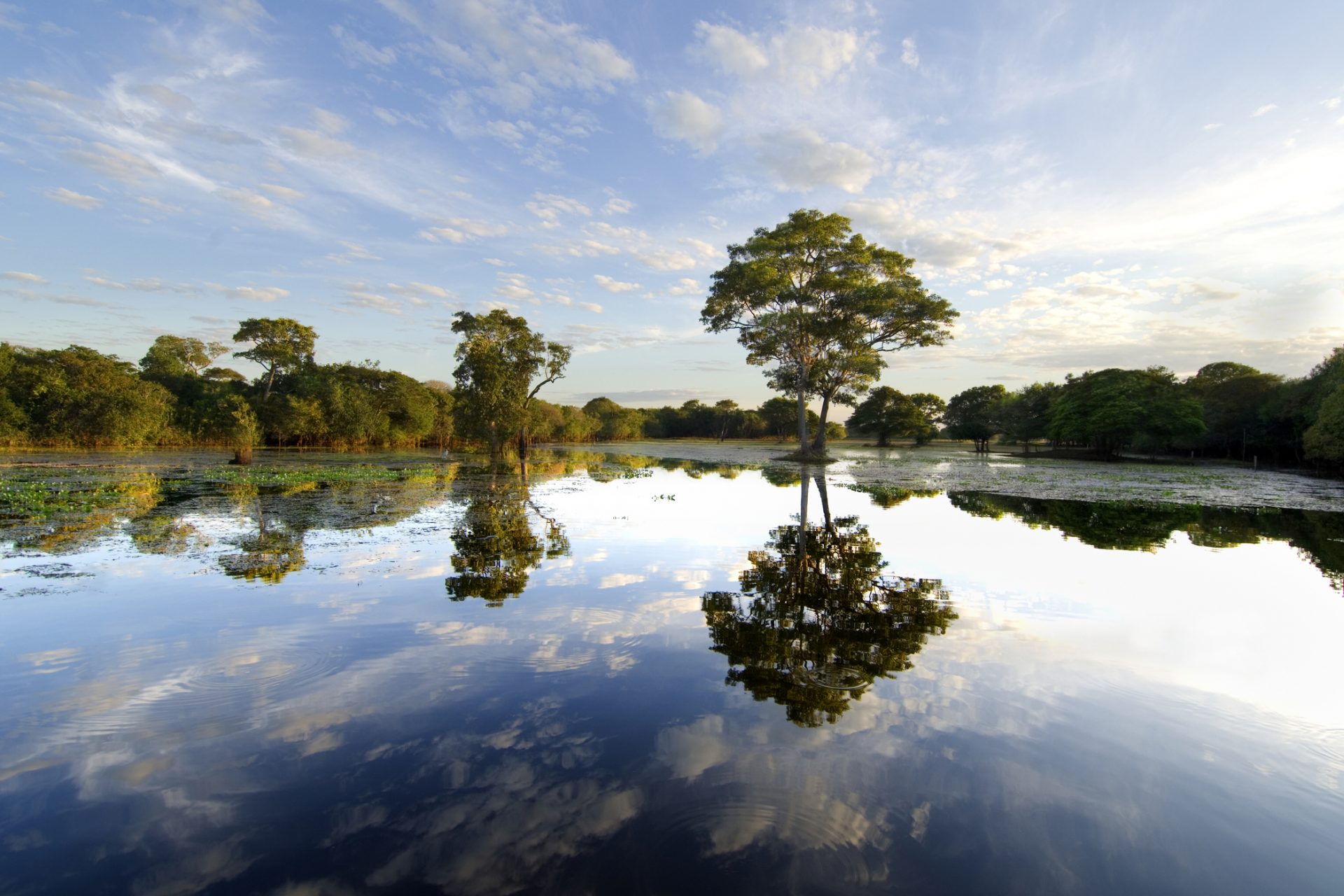Veganism: is it really good for your health and the environment?
Is it healthier not to eat meat? And what happens if you give up all foods containing animal ingredients in addition to meat and fish? Read on to learn all about it!
If you are vegan, you do not eat anything that contains an animal product. So no dairy or gelatin, for example.
Photo: Anna Pelzer / Unsplash
Vegetarians do not eat dishes for which animals have been killed. So they don't eat meat or fish. However, eggs, dairy products - or, for that matter, any other food containing animal products - are in their diet.
Photo: Brooke Lark / Unsplash
There are health benefits to a vegan lifestyle. The more plant-based and less animal-based food you eat, the better it can be for your health, the Nutrition Center reports.
Photo: Emma Simpson / Unsplash
Nevertheless, a vegetarian or vegan diet does not automatically imply that it is the healthiest or most sustainable.
Photo: Budi Puspa Wijaya / Unsplash
A diet with more plant-based and less animal-based foods, or a completely vegetarian diet, brings health benefits, such as lowering blood pressure and reducing the risk of cardiovascular disease.
Photo: Dan Gold / Unsplash
However, comparing the health effects of a vegan diet with vegetarianism, a diet that is mainly plant-based but also contains some animal products, has not yet been thoroughly investigated.
Photo: UX Indonesia / Unsplash
An important disadvantage of a vegan diet is that you lack certain nutrients that can have positive effects on health, such as vitamin B12. Therefore, if you go vegan, try to take nutritional supplements for the substances that you would otherwise consume from animal products.
Photo: Michele Blackwell / Unsplash
Another important reason to eat less meat may be the effect of factory farming on the environment. But is vegetarian or vegan food really more environmentally friendly?
Photo: v2osk/Unsplash
People who reduce their consumption of meat and dairy contribute to a lower carbon footprint and reduce greenhouse gas emissions and land use.
Nevertheless, this does not automatically mean that a diet without meat and dairy is the most sustainable, especially in terms of land use. In some cases, the products that replace animal substances in your diet require taxing agriculture.
Furthermore, some animals can convert plant materials that are not suitable for human consumption into edible proteins. In this way, they are extremely useful for our protein consumption, whether it comes directly from animals or not.
Photo: Annie Spratt / Unsplash
Follow us to read the best lifestyle and health stories every day


